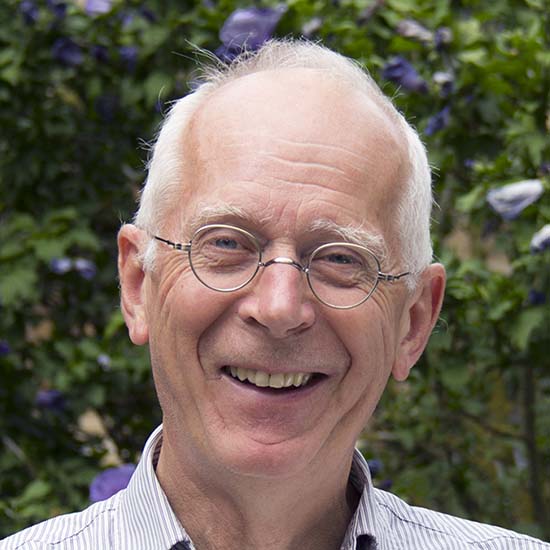David Baulcombe is Regius Professor of Botany Emeritus at Cambridge University. Since November 2024 he is the Biological Secretary and a Vice President of the Royal Society.
His research is primarily in plant biology with a focus on RNA and epigenetics in the context of immunity against infectious disease, especially viruses. Discoveries from his group include a novel species of small RNA known as small interfering RNA, an RNA-based immune system against viruses and the link between RNA-based mechanisms and epigenetic modification of genomic DNA.
These findings have been recognised by various awards including the Royal Medal of the Royal Society, the Lasker Award for Biomedical Science, the Wolf Prize for Agriculture, a Balzan Prize for epigenetics and the Gruber Prize for Genetics. He is a Member of EMBO, Fellow of the Royal Society, Fellow of the Academy of Medical Sciences, Fellow (Hon) of the Royal Society of Edinburgh, International Member of the National Academy of Sciences (USA), member of the Pontifical Academy of Sciences and he was knighted in 2009.
Professional position
- Head of Department, Department of Plant Sciences, University of Cambridge
Subject groups
-
Molecules of Life
Molecular microbiology
-
Patterns in Populations
Plant sciences / botany
-
Cell Biology
Genetics (excluding population genetics)
Awards
-
Balzan Prize
For epigenetics.
-
Humphry Davy and Claude Bernard Lecture
-
Royal Medal
For his profoundly significant recent discoveries for not only plants but for all of biology and for medicine.

